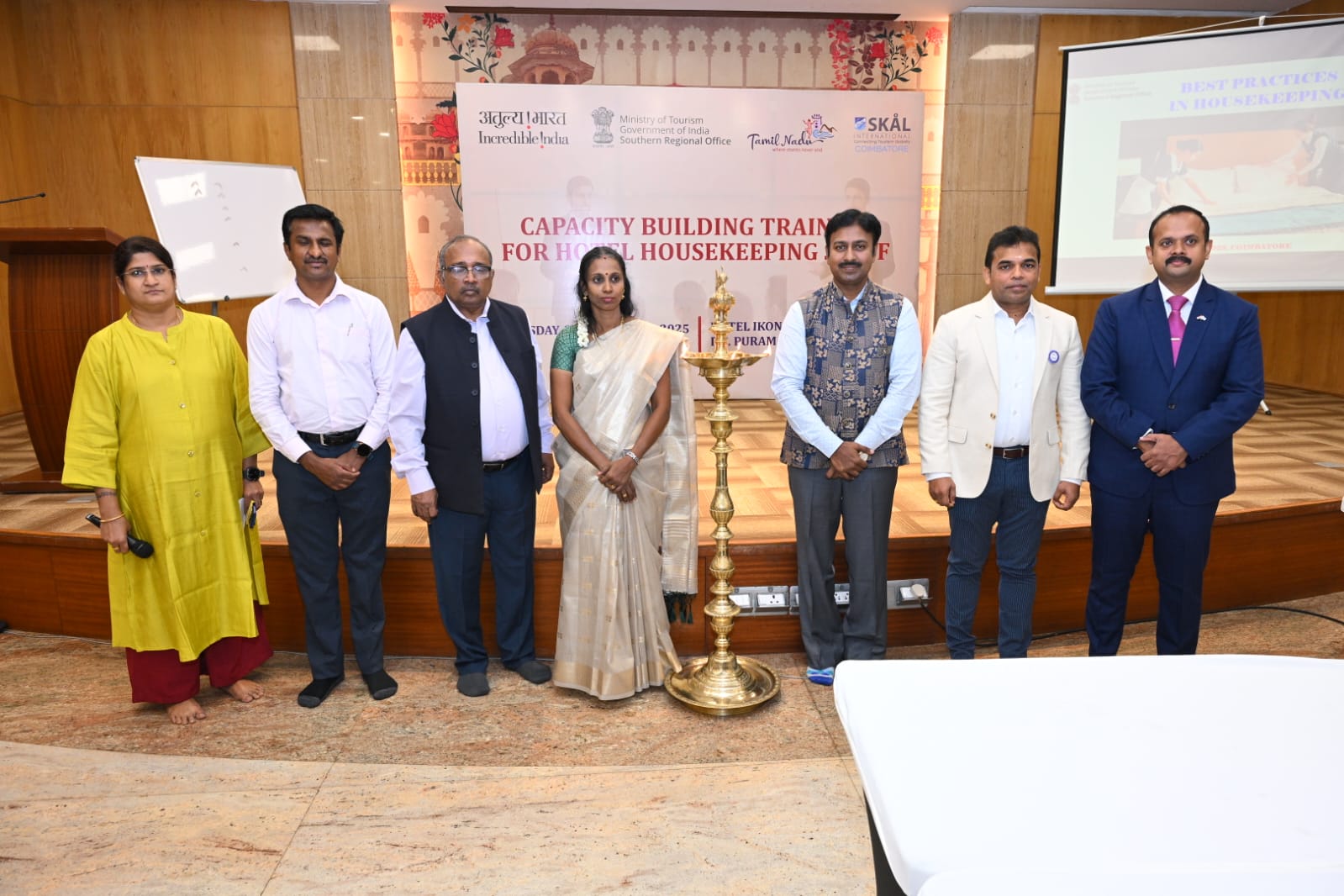NRAI said it has written to all prominent mall owners and other landlords to seek their support in the wake of the disruptions caused by the second wave of the COVID-19 pandemic. A large part of the industry managed to somehow survive the first phase of the lockdown and sailed through due to the collective efforts of all stakeholders and similar measures are once again required to prevent a fresh round of business mortalities and job losses in the sector, NRAI said in a statement.
‘The association has written individually to all prominent mall owners and an open letter to other landlords suggesting certain immediate measures to prevent instant death of businesses, which leave behind a trail of unfulfilled dreams, job losses and lastly, massive unwanted litigation,’ it added.
Notwithstanding the commercial terms between individual landlords and tenants, NRAI has suggested that there should be a complete waiver of rentals and common area maintenance (CAM) till such a period that the market is shut for unrestricted dine-in business.
It has also urged for pure revenue share for the period when restricted operations are permitted. Restricted operations shall mean things like delivery only or limited hours of operations or limited capacity utilisation etc, it added.
The association also said that there should be no minimum guaranteed rents for six months post that and instead, they should work on a pure revenue share model. CAM during this period to be maintained at 50 per cent of the agreed rate, it added.
“We surely have a grim battle at hand and the most potent and effective way to fight this is to redefine our mutual relationship and business model. I reckon that for the survival of the F&B industry through this second wave, revenue share is a very fair model that will ensure that malls don’t lose out if we see an unexpected early surge in business volumes,” said Anurag Katriar, President, NRAI.
NRAI is fairly certain that as longstanding business partners, the landlords will once again extend their support in these times of unprecedented crisis, he added.
The association said it will soon initiate similar dialogues with other stakeholders in the foodservice space such as aggregators, various state governments and the central government.









